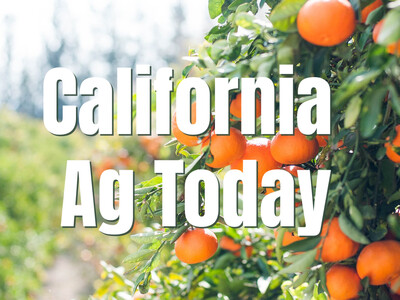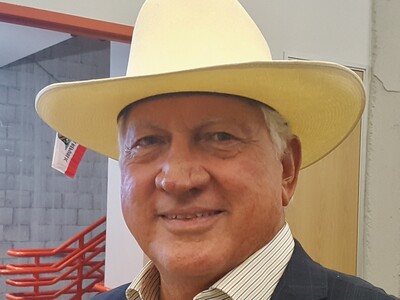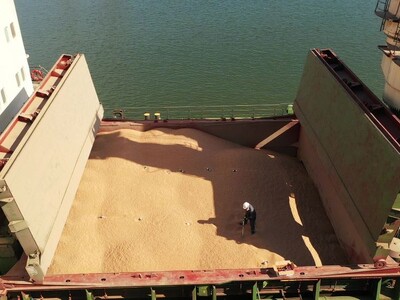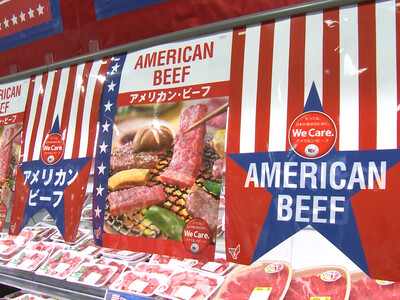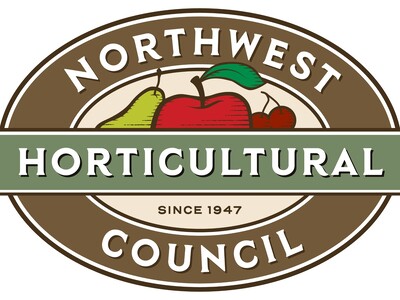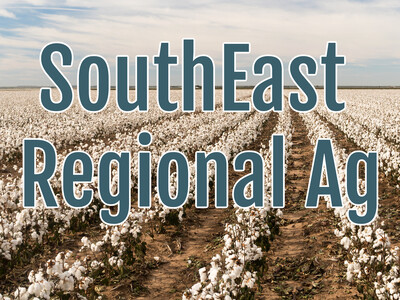2-27 NWR Bee Health
This is your Northwest report for Monday, February 27, I'm David Sparks and did you know that honey bees help to pollinate one of every three bites of food we eat, but these beneficial insects are facing a food shortage of their own. There is a significant lack of forage areas for honey bees and other pollinators. With all the fruit and vegetables grown in the Northwest this is particularly important. Well, Bayer and its partners in a new Feed a Bee steering committee are making available $500,000 over the next two years to fund projects that will increase forage and plantings for honey bees, monarch butterflies and other pollinators in every state in the U.S. Here's Becky Langer, project manager, North American Bee Health, for Bayer's Crop Science division: "They all believe that forage and habitat is playing a critical role in the health of the honeybees. Everyone wants to know how they can participate or how they can help the health of the bees. Forage is an easy way to do this. As our role in this we've launched Feed A Bee which is a forage initiative for 2015. We have a challenge or a goal that we are going to plant 50-million or more flowers across the United States."Elsewhere, and this story keeps coming up again and again, this time out of Agri-times Northwest, the camelina plant, would become an economically feasible alternative to conventional jet fuel under certain market conditions according to a new Oregon State University analysis. Years of research at OSU and other universities has demonstrated that camelina can be grown on marginal land and has potential as a rotation crop with wheat.






